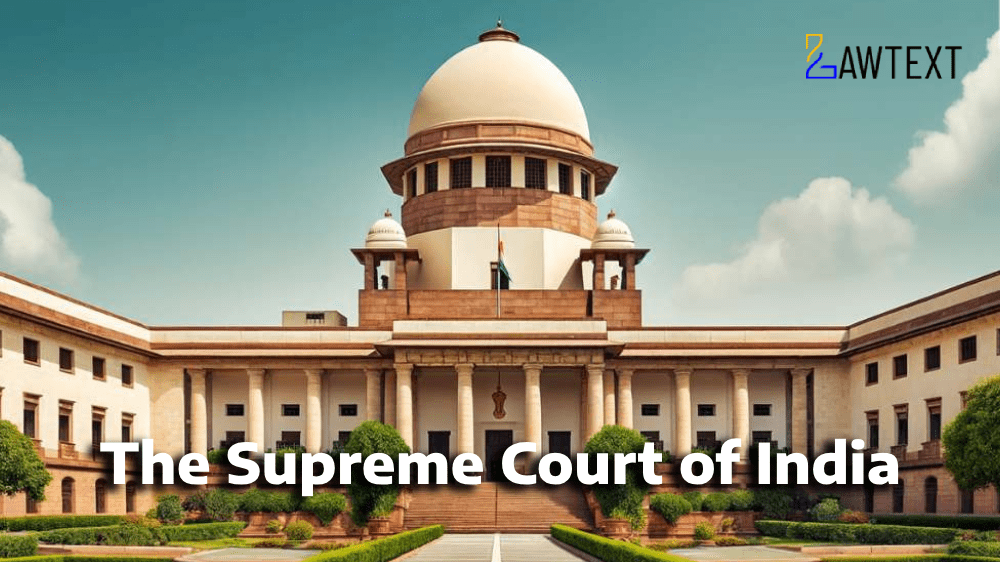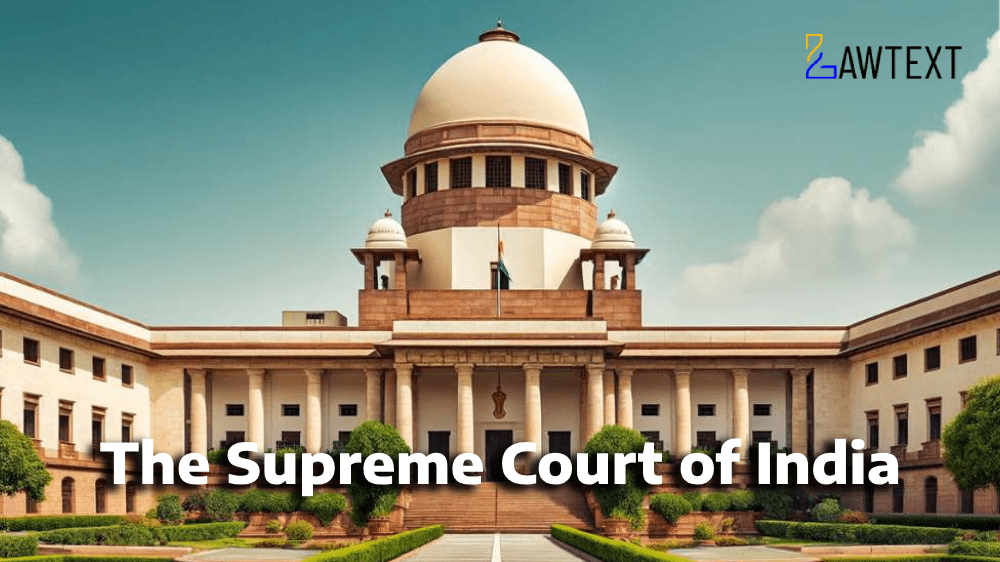Case Note & Summary
The Supreme Court ruled in favor of the appellant, Mahakali Sujatha, by setting aside the repudiation of her insurance claim by Future Generali India Life Insurance. The insurance company denied the claim on grounds of suppression of material facts about other existing insurance policies. The court found that the insurer failed to prove the existence of such policies and that the insured did not commit any material suppression.
Parties Involved:
Appellant (Complainant): Mahakali Sujatha, daughter and nominee of the deceased insured, Sri Siriveri Venkateswarlu. Respondent: Future Generali India Life Insurance Company.Background:
Sri Siriveri Venkateswarlu had two life insurance policies from the respondent, taken in 2009 and 2010. After his accidental death in 2011, his daughter, Sujatha, filed for the death benefit under the policies. The insurance company repudiated the claim, alleging suppression of material facts, specifically that the insured failed to disclose other life insurance policies taken with different insurers.Claims by the Respondent:
The insurer claimed that the insured had 15 other insurance policies totaling ₹71,27,702, which were not disclosed in the proposal form. The insurer argued that this amounted to fraudulent suppression.Lower Courts’ Findings:
District Forum: Held in favor of the complainant, finding no material suppression as the insurance company could not substantiate its claim with evidence. State Consumer Forum: Dismissed the appeal filed by the insurer, confirming that no documentary proof supported the claim of material suppression. NCDRC: Reversed the decisions of the lower forums and upheld the insurer’s repudiation based on alleged suppression of policies, relying on previous Supreme Court judgments.Supreme Court Judgment:
The court ruled that the insurer failed to provide adequate evidence, such as policy documents or testimony from other insurers, to prove the existence of the alleged undisclosed policies. The court applied the contra proferentem rule (interpreting ambiguous terms against the party that drafted them) and concluded that the proposal form's questions were unclear. The court found that the insurance company had not discharged its burden of proof and allowed Sujatha’s appeal. Acts and Sections Discussed: Insurance Act, 1938, Section 45: Bars insurers from questioning policies after two years unless material misstatements or fraud can be proved. The court interpreted the insurer's burden to prove that suppression was fraudulent. Evidence Act, 1872, Sections 101-106: The court discussed the insurer’s burden to prove its claim under the principles of evidence, particularly the burden of proof and onus of proof. Ratio Decidendi: Burden of Proof: The burden of proving material suppression lay on the insurer, who failed to provide sufficient evidence. Contra Proferentem Rule: Ambiguities in the policy and proposal form were interpreted against the insurer, as they drafted the documents. Application of Section 45 (Insurance Act): The insurer could not repudiate the policy without adequately proving the fraudulent intent behind the non-disclosure. Subject:Consumer Protection, Life Insurance, Repudiation of Claims, Burden of Proof
#InsuranceLaw #ConsumerRights #SupremeCourt #MaterialSuppression #BurdenOfProof
Issue of Consideration: Mahakali Sujatha Versus Branch Manager, Future Generali India Life Insurance Company Limited & Another
Premium Content
The Issue of Consideration is only available to subscribed members.
Subscribe Now to access critical case issues





